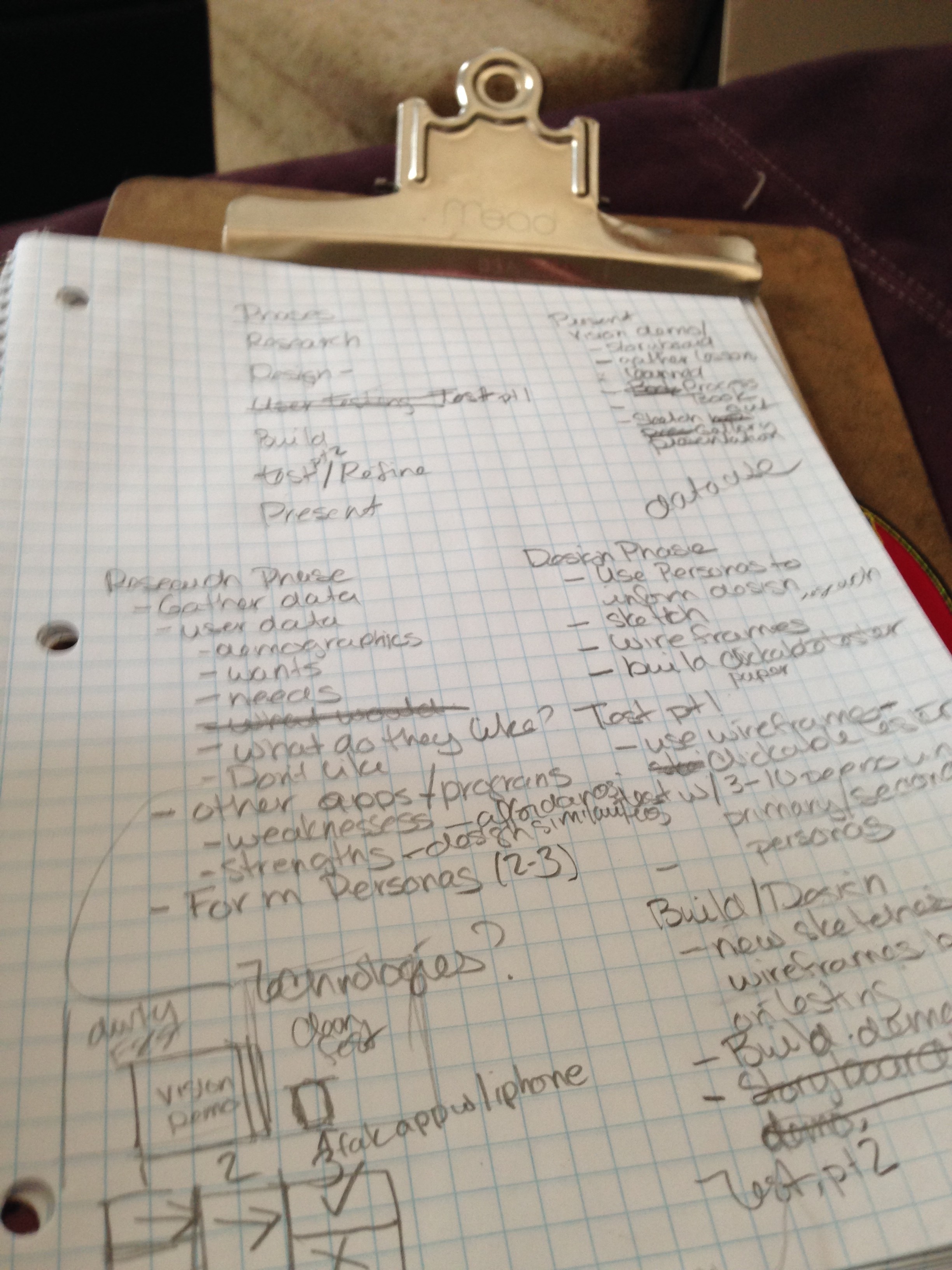I’ve been saying for a bit that the wireless phone industry is the next industry that will be shaken up and reinvented if the carriers don’t do anything about it.
Think like music and movies and TV and how they’ve changed because of the customers and what they forced those industries to do to accommodate them. The industries didn’t change because they wanted to, but because their customers were leaving in droves, so they had to find new ways of appeasing customers and still be able to make money. TV customers wanted a la carte channels; TV providers didn’t want to break apart their extremely profitable packaging schemes. So what did their customers do? Created their own versions of a la carte by watching TV online, either through piracy or other less than legitimate means until companies like Netflix, Amazon and HBO started giving people what they wanted: a reliable, legal, affordable way to watch only the content they felt like paying for.
The TV and Movie industries fought this at first, but finally embraced an online a la carte model, realizing it’s sort of pointless to NOT take advantage of the opportunity and ignore what your customers are demanding. The music industry still has an image problem for the way they treated piracy in the late 90s and early 2000s, and although that industry seems to now have embraced the internet and its distribution channels, It seems the TV and Movie industries saw the lessons learned from music and avoided treating their customers like criminals and enemies to be squashed, defeated, and sued into bankruptcy (for the most part).
It looks like at least some in the wireless industry knows they have an image problem. 2 year contracts are bullshit. Overage fees are bullshit. Charging people an extra fee to connect their phone to data on top of a monthly data fee is bullshit. Forcing family plans on people is bullshit. Charging $20/mo for unlimited texts is bullshit (looking at you at&t! there’s no way it actually costs that much to send miniscule amounts of data like that across your network).
So, leave it to the U.S. underdog of the wireless industry to make the first step with their new campaign: Break up with your carrier
Genius! The only thing that keeps many people from switching? Contracts. T-mobile will pay your contract termination fee for you.
This will shake up the industry and I think we’ll see some big changes in the next few months, I’m excited about it. Wireless data consumption is a big fucking deal, it has and will have huge and widespread impacts on a number of aspects of our daily lives. To make it easier and more affordable to access this information will potentially have huge cultural impacts. Imagine how much has changed in our lives since the first iPhone was introduced…now think about how much the industry changed when at&t wasn’t the only carrier with the iPhone. T-mobile’s break-up campaign has the same potential to shake up the wireless marketplace. Freeing up customers to chose how and when they consume that data will cause changes we can’t even imagine yet.
Maybe I’m putting too much importance on wireless data consumption, but I really doubt it. I guess we’ll have to watch how this plays out, but I really think this is a step in the right direction. Well done T-mobile, well done!
